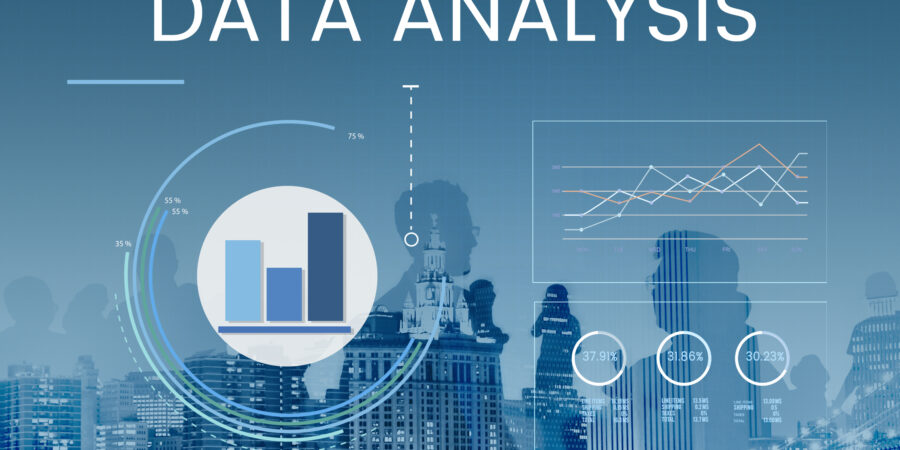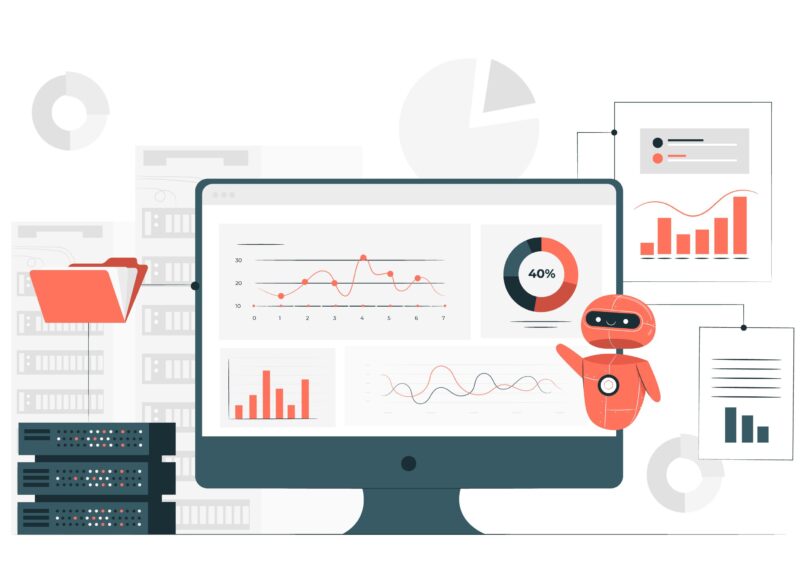
Data analytics involves collecting, cleaning, and analyzing vast amounts of data to gain insights that help businesses make informed decisions. At its core, data analytics transforms raw data into meaningful patterns and trends that can inform strategies across various sectors. By employing tools and methodologies like statistical analysis, machine learning, and data visualization, data analytics helps organizations understand historical data, forecast trends, and optimize processes. It’s a key component for companies to stay competitive, offering insights that can reveal customer behaviors, improve operational efficiency, and even identify potential risks.
The analytics process typically involves several stages, starting with data collection from various sources, which may include customer transactions, social media interactions, or internal business processes. After data is gathered, it undergoes cleaning and preparation, where any inconsistencies or inaccuracies are addressed to ensure accuracy. Once prepared, analysts apply statistical or computational models to interpret the data, often utilizing software such as Python, R, or specialized analytics tools like Tableau and Power BI. By visualizing this data, stakeholders can make more intuitive and immediate decisions, aided by clear and interpretable patterns.
In recent years, the importance of data analytics has grown significantly, with businesses across sectors recognizing its role in digital transformation. In industries such as healthcare, retail, and finance, data analytics has become indispensable, allowing companies to personalize customer experiences, enhance product offerings, and maintain operational agility. As data becomes more integral to decision-making, organizations are investing more in data-driven initiatives, employing data scientists and analysts to stay ahead of market trends and evolving consumer needs.



195/2 AURORA IVY, Kattigenahalli, Bagalur Main road , Bengaluru - 560064
+91 90000 18494
support@wayeva.com
